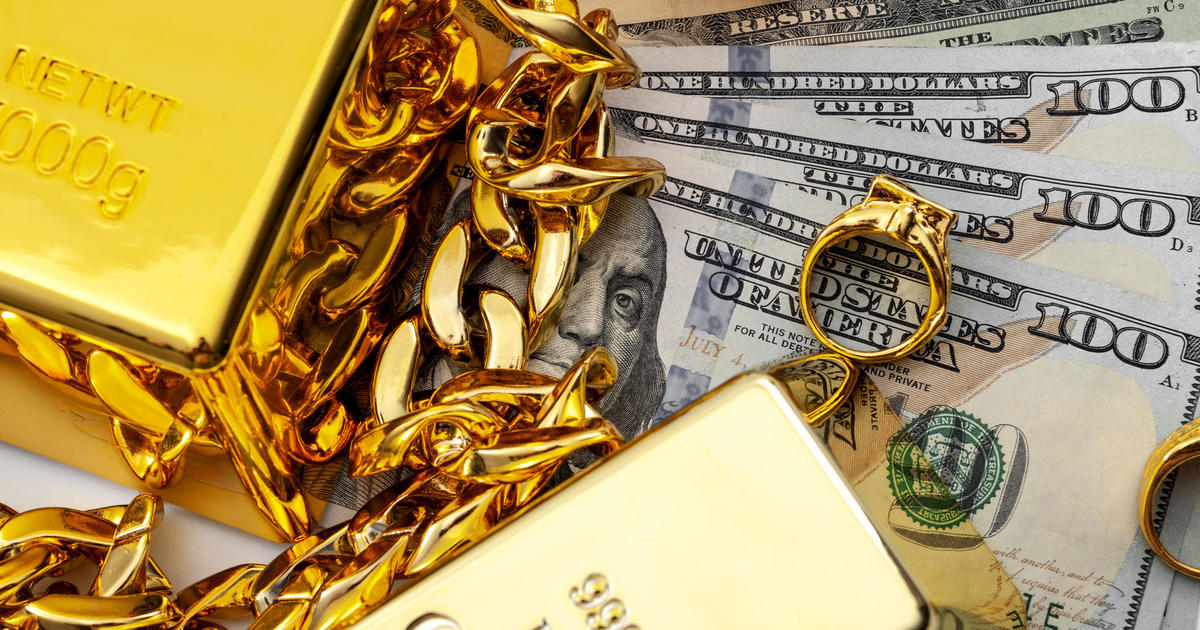The founder forgoing fast fashion to save the planet- POLITICO
[ad_1]
E-commerce entrepreneur Julie Wainwright rose from the ashes of a dot-com bubble failure (she was CEO of Pets.com when it collapsed in 2000) and founded The RealReal in 2011, an online and brick-and-mortar store that authenticates and resells used luxury fashion.
Sustainability wasn’t part of The RealReal’s mission at the get-go. But it has since become such a priority that Wainwright traveled to Washington last week to encourage Congress to enact tax credits for consumers who buy secondhand and slap tariffs on fast fashion imports.
The timing is right. There’s urgency to address climate change, and the global fashion industry accounts for at least 4 percent of greenhouse gas emissions. Plus, the resale market is on the rise as customers look for more affordable and sustainable on-trend items. The secondhand market for clothing and accessories is valued at about $40 billion globally and could expand by 20 percent in the next five years.
Even though the pandemic made a slight dent, The RealReal and its competitors – such as ThredUp, Poshmark and U.K.-based Depop – are rebounding. Wainwright said her company has more than 25 million members and she expects it to be profitable in 2024.
This interview has been edited for length and clarity.
How has founding The RealReal changed your views on sustainability?
I started The RealReal because I love business and knew I wasn’t going to get a good job unless I started my own [after the failure of Pets.com]. So at first, it was all about finding the right idea that I could scale. I wanted to honor the brands and make people feel good about buying resale – that you can look gorgeous and it doesn’t have to be new.
The sustainability aspect wasn’t illuminated for me until about two years into The RealReal. I went to a conference hosted by the Ellen MacArthur Foundation, and their whole platform is addressing plastic waste. I knew the composition of fabric was mostly plastics, but they weren’t even talking about fashion.
So attending that one conference and realizing they were missing this, which meant we were missing it, too – a light bulb went on. That woke me up.
Shockingly, there wasn’t much data to prove the positive impact of recirculating goods.
There is no advantage for the fashion industry to tell everyone that the majority of what they manufacture ends up in the landfill or is getting burned, or that it takes 2,000 gallons of water to make one pair of jeans.
So we started educating ourselves to understand the enormity of the problem.
What did you find?
We were digging in the dark. We had to work with data and earth scientists to get the data to quantify the impact of recirculating goods, which is different from recycling because it doesn’t require as much energy.
We dreamt up a sustainability calculator that now measures the greenhouse gas, energy and water savings by resale on The RealReal since the company was founded.
[So far, some 24,000 metric tons of carbon and 1 billion liters of water have been saved, according to the calculator. The method was validated by The World Resources Institute and the Ellen MacArthur Foundation].
How can you shift the fashion industry’s business model that’s based on selling people something new all year long?
The truth is, it’ll be hard to change the largest fashion companies, even if we use tariffs to try and slow down growth.
H&M and Zara feel pressure in Europe, but the Chinese brands have no pressure.
Europe is moving faster and is more conscious of the problem. The industry won’t change without legislation.
In the U.S., we have to educate Congress because they are just beginning to understand the impact of textiles and that resale is a way to slow down climate change.
A small tax credit, even just $100 if you bought some form of resale, would go a long way. It doesn’t have to be specific to textiles. We just want to get people thinking about whether they bought anything previously owned and how good for the planet it is.
We also work at a state level to get tax holidays on resale items.
The RealReal has to educate its own members, too. We want it to be acceptable and gorgeous to buy resale, but also customers need to know the positive environmental impact it has.
GAME ON – Welcome to the Long Game, where we’re delivering the latest on efforts to shape our future. Tuesday through Friday, we’ve got data-driven storytelling, compelling interviews with industry and political leaders, and more news to keep you in the loop on sustainability.
Our team is sustainability editor Greg Mott, deputy editor Debra Kahn, reporters Lorraine Woellert and Catherine Boudreau and digital producer Jordan Wolman. Reach them at [email protected], [email protected], [email protected], [email protected] and [email protected].
Want more? Sign up for the Long Game. Four days a week and still totally free!
— The New York Times has the story of a fashion editor who takes things a step beyond The RealReal, shopping at the dump.
— Volkswagen has “sold out” of EVs in the U.S. and Europe for this year as supply chain bottlenecks hit global production, the Financial Times reports.
— Wall Street isn’t ready for the enforcement crackdown coming its way, according to Bloomberg Businessweek.
— The Washington Post has a scorecard of the doings and undoings that comprise the Biden administration’s environmental track record.
[ad_2]
Source link








